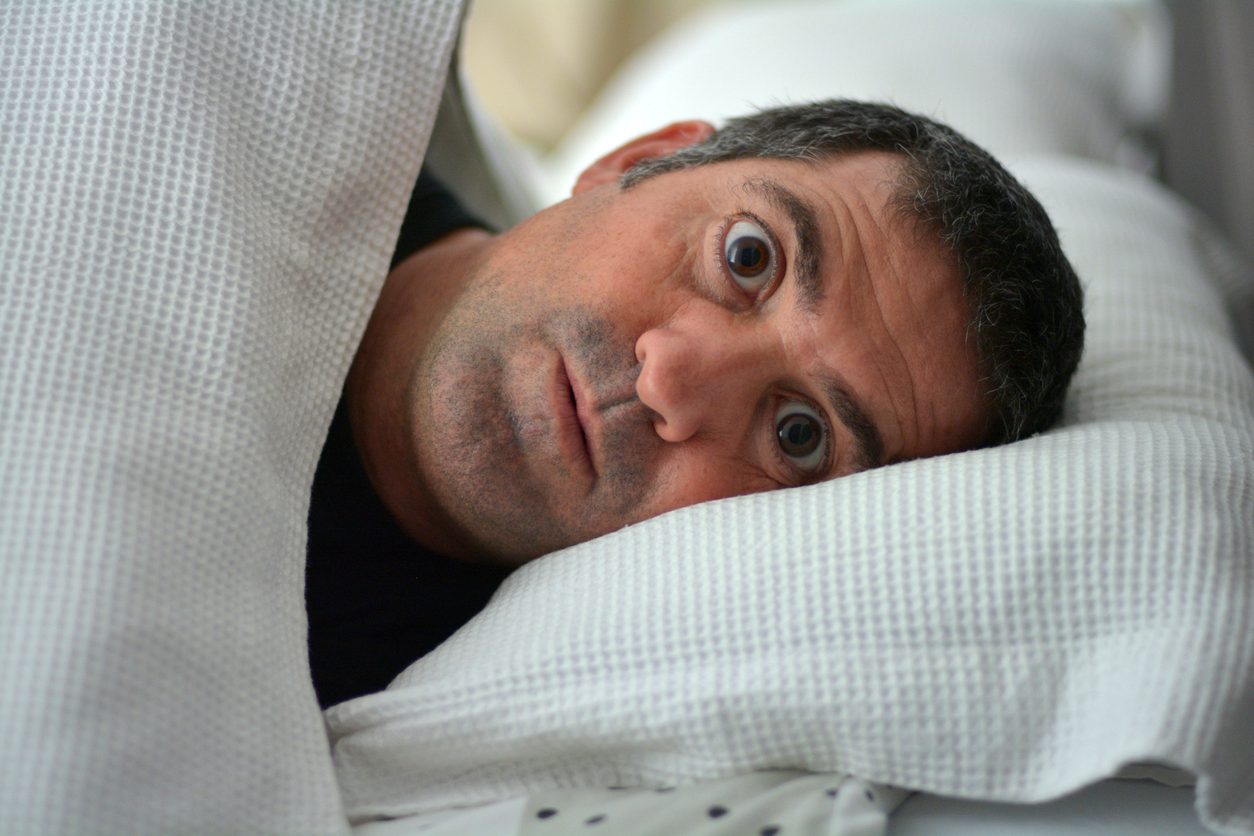
Since the start of the corona crisis, many are coping with sleeping difficulties. They have trouble falling asleep and are often tossing and turning at night. Why is that? And how does one solve these sleeping problems? Tamara de Weijer, an experienced GP from Leusden, answers some of these questions.
“It’s not surprising that people are having trouble sleeping at the moment,” she explains. “Our lives have changed radically within mere weeks and this reflects on our sleep.”
Reasons for lack of sleep may vary. “Sleeplessness can be caused by fear of the virus, for example, but also by concern for one’s business. Not to mention the current lifestyle, of course.
Many are going to bed later, making it harder to get up in the morning. This causes our rhythm, which is vital for helping us calm down, to become disrupted.”

Lack of melatonine
What happens to our bodies when we have trouble getting to sleep? “At night, we normally make a hormone called melatonine, which causes drowsiness, leading to sleep. However, when we experience stress, we create less melatonine and more cortisol - a stress hormone. This causes difficulty in falling asleep,” Tamara explains. Even a single night’s sleep disruption has noticeable effects. “We feel less fit, have trouble rising and chances are we start to eat more and unhealthy food. This is due to a disturbance in the appetite and satiety hormone.”
Despite the uncertainty caused by the virus, there are those who benefit from this time. “For some, the corona crisis offers more rest, because they have been forced out of the rush of daily life. So it can also have a positive effect.”
Does this not apply to you, and do you have trouble sleeping at night? Tamara has a few tips:
1. Keep blue light away from the bedroom
“It’s tempting to watch a series before going to sleep, but don’t do it too often”, Tamara says. “Laptops, televisions and mobile phones contain blue light that can suppress the production of melatonine. The result is that you still feel very awake afterwards.”
2. Make sure you relax, also during the day
“To ensure good sleep, it’s important to be as relaxed as possible during the day, too”, explains Tamara. “This can be difficult when we always feel like we need to be ‘switched on’. However, a work email or WhatsApp from a friend can often wait. Only do what’s truly necessary and switch off needless alerts on your phone.”
3. Find more rhythm in your sleeping pattern
It helps to go to bed at roughly the same time each night. Similarly, a waking pattern in the morning is important. “Do you normally get up at 8am? Then don’t stay in bed longer than 9am now. Getting up later will increase the detrimental effects.”
4. Avoid exercise late at night
“One might think a run before bed won’t hurt, but it’s less tiring than you’d think,” says Tamara. “On the contrary: by exercising at night, you release hormones that keep you alert and awake.”
5. No alcohol before bed
"Alcohol before bed impacts your sleep negatively. The well-known ‘night cap’ may cause us to drift off easily, but the quality of sleep is significantly lowered. It causes uneasy sleep, night-waking and tiredness the next day.”
Like us on Facebook and sign up for regular news and updates.

